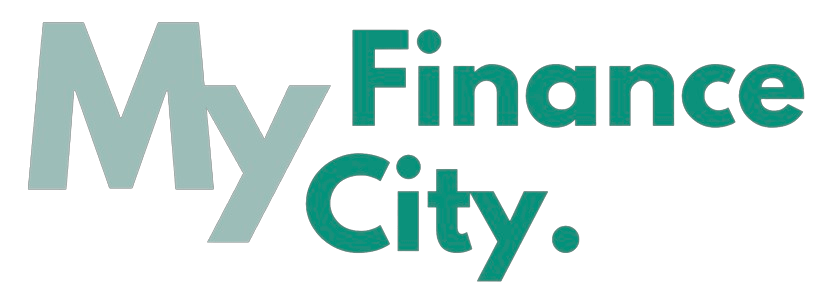Many older adults grapple with financial challenges, juggling bills and mortgage payments as they navigate retirement. This struggle is particularly poignant for those with substantial home equity but limited cash flow. Enter the reverse mortgage – a financial tool designed to address these specific challenges. However, as with any financial decision, understanding the nuances and implications is crucial. In this comprehensive guide, we’ll delve into the intricacies of reverse mortgages, exploring their benefits, drawbacks, eligibility criteria, and alternative options.
Understanding Reverse Mortgages
What is a Reverse Mortgage Loan?
A reverse mortgage offers homeowners, typically older individuals, a way to tap into their home equity without the burden of monthly payments. Unlike traditional mortgages, it provides flexibility in how homeowners access funds – as a credit line, lump sum, or through monthly payments. Here’s how it works:
- Loan Structure: The lender places a mortgage lien on the property, and repayment is triggered upon the sale of the home or the death of its owner.
- Payment Options: Homeowners can opt for a lump-sum payment, monthly disbursements, or a credit line, allowing tailored access to their equity.
- Interest and Fees: While interest accrues on the loan, it’s deducted from monthly payments. Additionally, an origination fee is charged upfront.
Reverse Mortgage Example
Consider a scenario where a homeowner with a $300,000 home has an existing mortgage of $100,000. Opting for a reverse mortgage of $150,000, they pay off the existing mortgage, leaving $50,000. Payment options for this excess amount include an immediate lump sum, monthly payments, or a credit line.
Pros and Cons of Reverse Mortgages
Benefits of Reverse Mortgages
- No Monthly Payments: As long as the homeowner resides in the property, no monthly payments are required, reducing living costs.
- Deferred Repayment: Repayment is deferred until the homeowner moves, sells the property, or passes away.
- Flexibility: Homeowners can choose how they receive funds, providing versatility in managing finances.

Risks and Drawbacks
- Age Limit: Reverse mortgages are available only to borrowers aged 62 and older.
- Low Loan-to-Value Ratio: Lenders restrict Loan-to-Value Ratios, often between 50% and 65%.
- Interest Limitation: Interest deductions are limited until the reverse mortgage is repaid.
Reverse Mortgage Programs and Eligibility
FHA Home Equity Conversion Loan (HECM)
- Criteria: Borrowers must be at least 62, use the property as their primary residence, and meet HUD counseling requirements.
- Loan Limits: As of 2021, HECM allows a maximum borrowing of $822,375.
EquityAvail Program by Finance of America Reverse
- Advantages: Offers a hybrid reverse-mortgage program with no mortgage insurance, catering to slightly younger borrowers starting at 60.
- Payment Structure: Monthly payments cease after ten years, providing payment-free living until the property is sold or the borrower passes away.
Considerations and Alternatives
Risks and Negative Aspects
- Residency Requirement: Homeowners must reside in the property, and renting it out is prohibited.
- Foreclosure Triggers: Failure to pay property taxes, homeowners insurance, or neglecting maintenance can lead to foreclosure.

Alternative Options
- Home Equity Loans: Borrow against home equity with fixed monthly payments.
- Home Equity Line of Credit (HELOC): Revolving credit line with adjustable interest rates.
- Refinance with Cash Out: Refinance the first mortgage for a larger amount, resetting the amortization schedule.
Making Informed Decisions
While home equity remains a dormant asset until sold or financed, a reverse mortgage can offer seniors a means to unlock financial stability during retirement. However, it’s crucial to weigh the benefits against the risks and explore alternative options. By understanding the intricacies of reverse mortgages and considering individual circumstances, retirees can make informed decisions that align with their financial goals and lifestyle.
Last Word:
Before proceeding with a reverse mortgage, ensure a comprehensive understanding of the associated rights and obligations. This financial tool can provide peace of mind in the golden years, but a well-informed decision is paramount.













+ There are no comments
Add yours